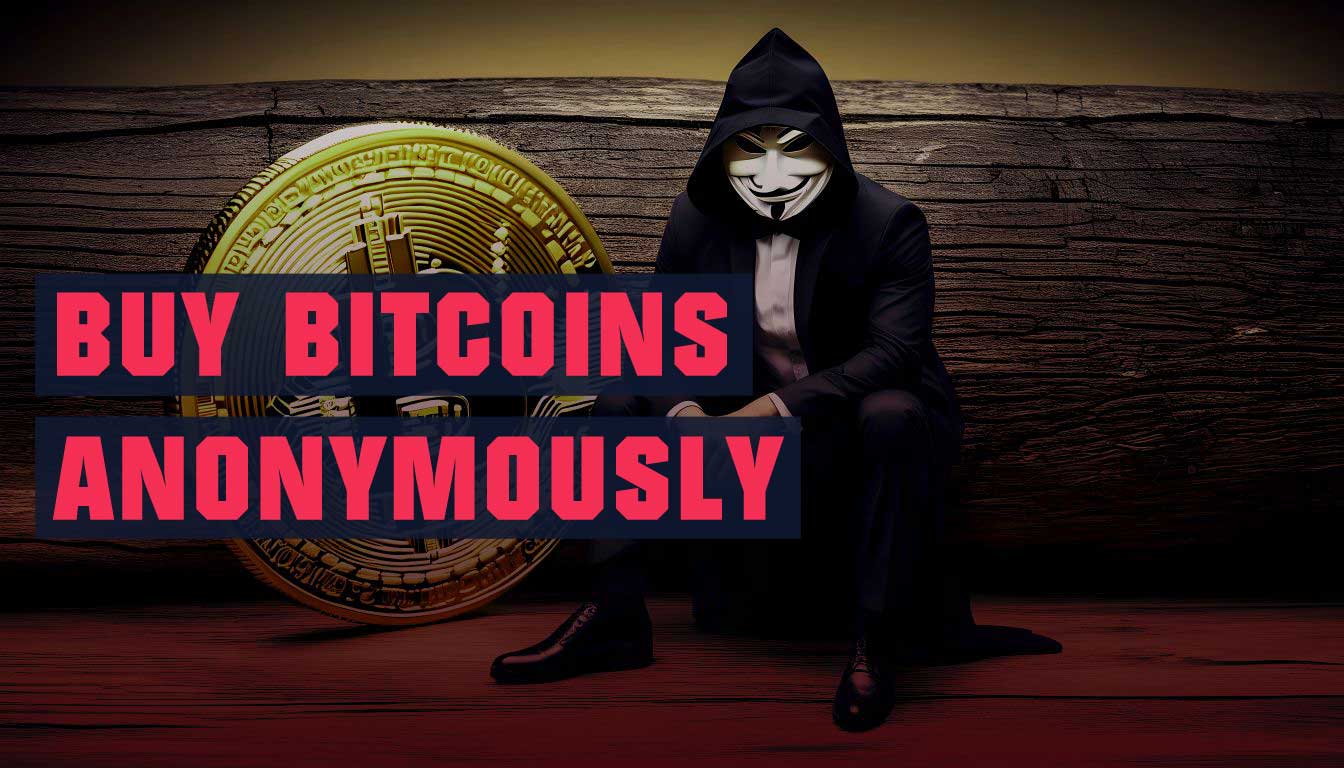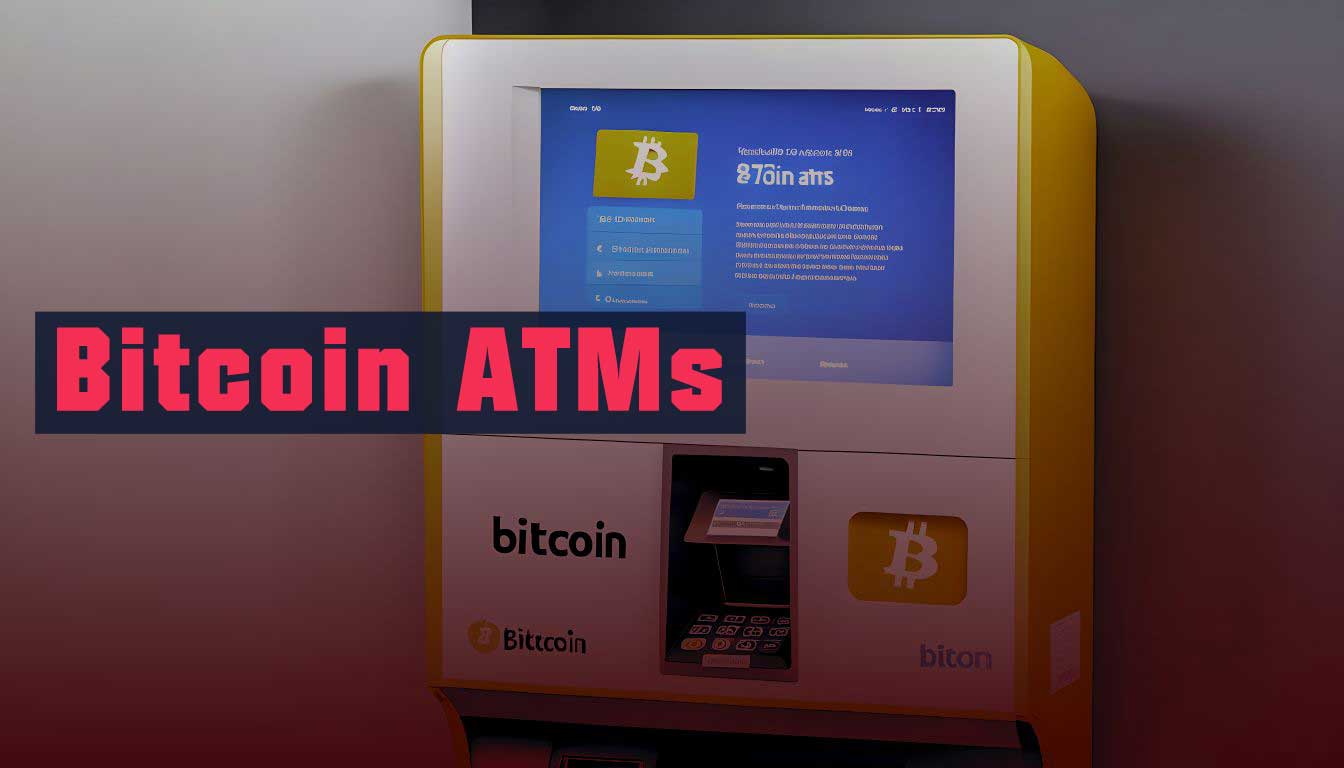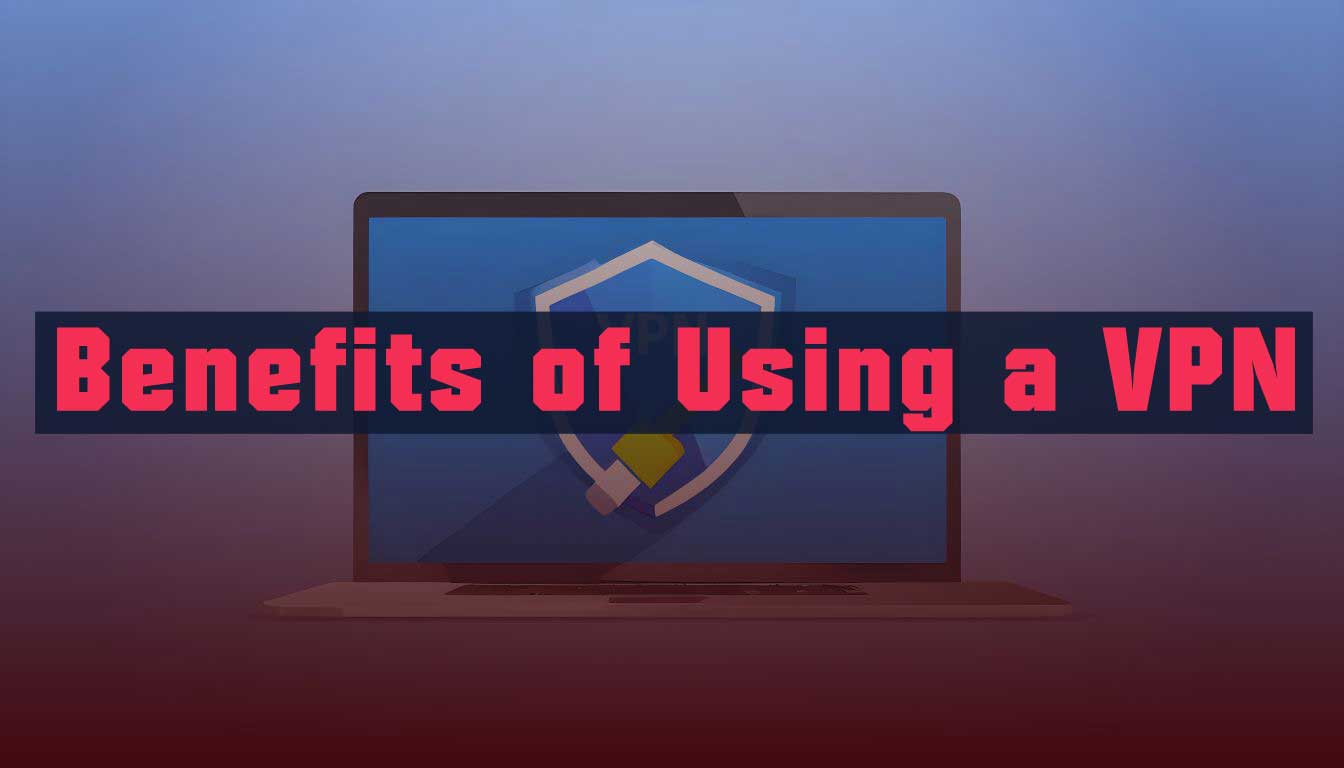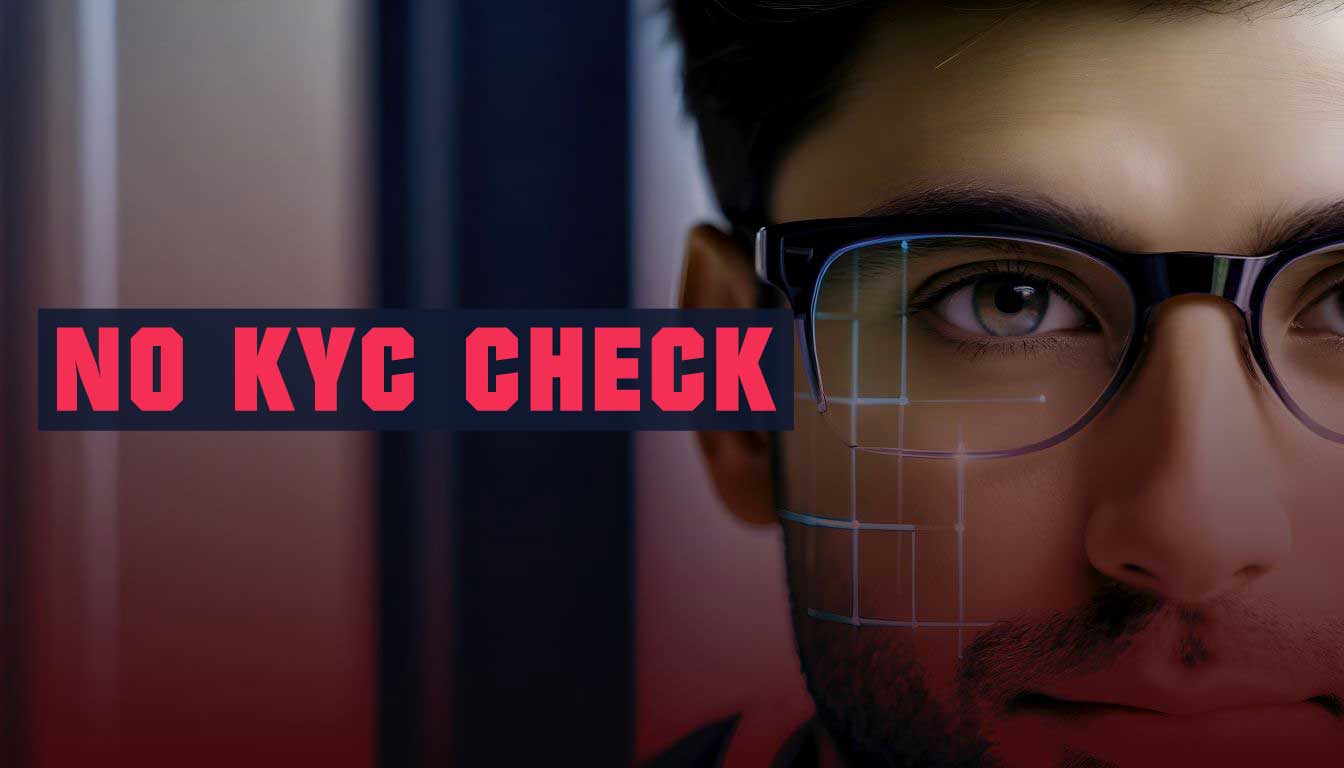How to Buy Bitcoins Anonymously: Ways to Buy Bitcoins Without ID or Verification
-

Last updated: 2025-07-30

Introduction to Bitcoin Anonymity
Understanding the Need for Privacy in Bitcoin Transactions
In the era of the data-driven world, privacy feels like a prized luxury. Particularly, when transacting online, most of us prefer to do so without giving away unnecessary personal information. The need for privacy in Bitcoin transactions stems from the similar universal craving for anonymity. However, unlike traditional offline transactions where anonymity is default, Bitcoin transactions need explicit measures to achieve the same level of privacy.
Is Bitcoin Completely Anonymous?
No, Bitcoin is not fully anonymous. While it offers a higher level of privacy than traditional financial systems, it's better categorized as pseudonymous. This means that instead of personal details, your transactions are linked to a Bitcoin address. However, since Bitcoin activities are recorded on a public ledger - the blockchain - they are open to scrutiny. If a Bitcoin address is ever linked to a person's identity, all associated transactions could potentially be traced back to them. Therefore, complete anonymity is not inherently present in Bitcoin; it needs explicit privacy-preserving actions.
Why Buy Bitcoins Anonymously?
Advantages of Buying Bitcoin Without ID
As the appeal of Bitcoin continues to grow, so do the benefits of buying it without ID. Here are a few:
- Maintaining Security: As a result of increased data breaches and digital surveillance, purchasing Bitcoin anonymously can offer a layer of security and privacy protection.
- Preventing Identity Theft: Purchasing Bitcoin anonymously can help in minimizing the risks of identity theft.
- Supporting Freedom: Some people believe that money should be detached from identity for ideological reasons, as a matter of principal or personal choice.
- Avoiding targeted attacks: As high-value targets, Bitcoin investors purchasing large amounts of Bitcoin might prefer anonymity to avoid potential threats or burglaries.
- Minimizing surveillance: Purchasing Bitcoin without ID avoids potential scrutiny from government agencies, protecting individuals from information theft, fraud, or even potential legal consequences.
- Personal preference: Regardless of these benefits, some people may simply prefer to keep their financial affairs private.
It's important to note that reasons for wanting to remain anonymous can vary greatly and aren't necessarily illicit or nefarious.
Learn about the top three methods and additional tips for anonymous Bitcoin purchases in 2025. However, buying Bitcoin anonymously will cost almost 5-10% extra.
Risks Involved When Buying Bitcoin Anonymously
Substantial risks accompany the process of buying Bitcoin anonymously, including the following:
- Scams and Fraud: Anonymity attracts fraudsters and buying Bitcoin anonymously exposes one to scam risks. It can be particularly difficult to recover lost funds in anonymous transactions.
- Higher Fees: Anonymous transactions often come attached with premium fees due to the added risk. So, you'll likely pay more for the privacy.
- Legal implications: Not all anonymous buying options are legal, hence, using such methods could land you into legal troubles.
- Restricted access: Only a limited number of platforms provide anonymous Bitcoin trading services. Hence, the opportunity to buy Bitcoin without providing an ID might be limited.
- Difficulty of use: The process of buying Bitcoin anonymously can be complex especially for beginners because anonymous methods aren't typically user-friendly.
Despite the risks, buying Bitcoin anonymously is a viable option for those who value privacy above all else, and are willing to handle these risks responsibly.
The Intricacies of KYC and Bitcoin
What is KYC and AML Compliance?
KYC, or Know Your Customer, and AML, Anti-Money Laundering, are regulatory policies initially designed for financial institutions to mitigate fraudulent activities, identity theft, and the use of money for illegal purposes.
KYC is a process that an institution employs to verify the identity of its clients. It typically involves providing some form of government-issued identification and proof of address. The main intention of KYC is to prevent identity theft, financial fraud, and money laundering.
On the other hand, AML encompasses a set of procedures, laws, and regulations designed to prevent the generation of income through illegal actions. In essence, while KYC is all about verifying the identity, AML is about vetting the transaction behavior.
In relation to Bitcoin and cryptocurrencies, financial regulators worldwide have increasingly started to enforce these policies on cryptocurrency exchanges, making anonymous transactions in digital currencies harder and harder.
Challenges of Ignoring KYC While Transaction with Bitcoins
While the idea of transacting with Bitcoin without KYC might seem appealing, it comes with its own set of challenges:
- Limited Platforms: A majority of Bitcoin exchanges and platforms follow KYC regulations, meaning few offer the option to transact without ID verification.
- Geographical Limitations: KYC-free transactions often come with geographical restrictions. Some methods might not be available in certain countries.
- Withdrawal & Trading Limits: Bitcoin platforms without KYC often place withdrawal and trading limits to mitigate risks, which can limit your trading capabilities.
- Price Discrepancies: Prices on platforms that do not require KYC can be higher due to the increased privacy they provide and the associated risks.
- Security Concerns: Non-KYC platforms may attract scammers, leading to an increased chance of fraudulent activities.
Ignoring KYC while transacting with Bitcoins is indeed a challenge, requiring careful consideration of the above factors.
Exploring Different Methods of Buying Bitcoin Anonymously
Peer-to-Peer (P2P) Marketplaces
Peer-to-Peer (P2P) marketplaces provide an effective avenue for buying Bitcoin anonymously. Sites like LocalBitcoins and Paxful act as platforms that link potential buyers to sellers of Bitcoins. An individual can buy Bitcoin without leaving a digital footprint by using these platforms, while keeping their identity secure.
P2P exchanges render the facility to purchase digital assets using various payment methods, including online payments or cash transactions. One can choose suitable transaction terms from the available options, easily specified using filters. The implementation of an escrow mechanism, like Paypal, comes in handy here by storing the coins in a special smart contract throughout the transaction, inaccessible to either party. This occurs until the seller confirms the payment, thereby safeguarding against potential fraudulent activities.
Though P2P transactions have their merits, there are an array of considerations that one must keep in mind. These platforms are relatively smaller, and sometimes may not offer solid support if an issue emerges. Similarly, certain P2P exchanges may not cater to users living in specific countries, like the US. Purchasing Bitcoins from a P2P platform might pose a bit more hassles than BTC ATM, but they definitely carry their own set of benefits.
Using Prepaid Cards for Buying Bitcoin
One popular method to purchase Bitcoin anonymously is the use of prepaid cards. You can easily buy these prepaid cards from a bank, supermarket, or convenience store, which you can then use to purchase Bitcoin without revealing your identity.
Websites such as LocalCoinSwap, Paxful, and SimpleSwap accept prepaid cards for Bitcoin purchase. This method ensures that your personal identification is not linked to the purchased Bitcoins, thus maintaining your anonymity. Prepaid cards from Bitcoin buyers are accepted by P2P services like SimpleSwap without requiring registration.
Remember, it’s essential to keep in mind that while purchasing Bitcoin with credit cards transactions aided in preserving your privacy, they often come with higher transaction fees and uncompetitive exchange rates compared to standard payment methods.
Decentralized Exchanges (DEXs)
Decentralized exchanges (DEXs) like Binance represent one of the safest ways to buy Bitcoin anonymously, as they operate without a central authority. Instead, they use smart contracts to facilitate trades, thereby eliminating risks linked to centralized hacks or bankruptcies. Some notable examples of DEXs that allow anonymous trading are Uniswap, 0x Protocol, Bisq, and Hodl Hodl.
Here's a basic rundown of how DEXs allow anonymous Bitcoin purchase:
- You connect your wallet to the decentralized exchange.
- Confirm the trade — typically, you will be purchasing Bitcoin with another cryptocurrency, such as Ethereum or Litecoin.
- A smart contract deducts the transaction amount from your wallet and transfers the Bitcoin to the same wallet.
- At no point does the decentralized exchange have control of your cryptocurrency tokens.
As succintly put, DEXs remove the need to trust a third party when transacting and do not require an account opening process or personal information. However, they cannot accept fiat transactions currency methods, such as a debit/credit card. As such, you must fund your Bitcoin purchase with another cryptocurrency, allowing you to remain anonymous throughout the transaction.
Buying Bitcoins at Physical Bitcoin ATMs

A Bitcoin ATM (BTM) operates much like a traditional ATM— with a twist. Instead of cashing out from a bank account, a user can buy Bitcoin directly with fiat currency. These BTMs serve as a physical portal to exchange and purchase cryptocurrency, providing a channel for buying Bitcoins anonymously with cash.
But remember, not all Bitcoin ATMs allow for anonymous transactions. Some require a form of ID verification to comply with KYC/AML regulations before allowing you to transact.
When buying bitcoin from an Hermes Bitcoin ATM, providing your phone number is the only requirement for transactions that are $999 or below.
If your bitcoin purchase is less than $1,000, you are not obligated to submit a photo ID or disclose any other personal information.
Direct or In-person Bitcoin Transactions
Direct or in-person transactions are another option for purchasing Bitcoin anonymously. This method involves meeting up with a seller in person and exchanging cash for Bitcoin. It's a relatively "old school" approach, but for some, it has its appeal, particularly in terms of anonymity. In theory, one party hands over cash, the other transfers Bitcoin to a digital wallet, and the deal is completed without any other information changing hands.
Buying Bitcoin Through VPN
A Virtual Private Network (VPN) is a privacy tool that allows you to connect to the internet without revealing your true location. When you use a VPN, your internet traffic is routed through an encrypted tunnel, which makes your data unreadable and your location untraceable.
In the context of buying Bitcoin, a VPN can add an extra layer of privacy by concealing your IP address. By making it appear as if you're based elsewhere, the VPN adds an additional layer of privacy even on platforms that implement KYC regulations. It effectively misleads any observers, including Internet Service Providers (ISPs) and government authorities, about your actual location, thereby enhancing your online privacy.
However, it's important to note that the use of VPNs might be against the terms and conditions of some Bitcoin exchanges. Using this strategy might lead to the temporary or permanent suspension of your account on those platforms. Thus, it's crucial to understand the implications and legality of using a VPN for buying Bitcoin in your locality before opting for this strategy.
Understanding Bitcoin Wallets and Their Significance
What Are Bitcoin Wallets?
Bitcoin wallets, also referred to as crypto wallets, are digital wallet accounts that allow users to securely store, send, and receive Bitcoin. They function much like traditional billfolds, containing BTC instead of fiat currency.
Bitcoin wallets, including crypto wallet addresses, come in various types, each offering different levels of security, accessibility, and other features.
- Software Wallets: These are programs or apps you install on your computer or smartphone. They are quite secure and can be used to manage small to medium amounts of Bitcoin.
- Hardware Wallets: These are physical devices that securely store users' private keys offline, making them immune to computer viruses and other common pitfalls. They are highly recommended for storing large amounts of Bitcoin.
- Web wallets: These are online services, websites or exchanges where you can store your Bitcoin. However, they are considered less secure as you typically don't control the private keys.
- Paper Wallets: Considered very safe, these are physical documents that contain your Bitcoin wallet addresses and their corresponding private keys.
Importance of a Secure Bitcoin Wallet
Choosing a secure Bitcoin wallet is a critical step in successfully purchasing and holding Bitcoins, especially when doing so anonymously. Here's why:
- Ownership of Assets: A self-custodial wallet grants you complete control over your Bitcoin private keys, meaning you're the only one who can access your assets—a prerequisite for maintaining anonymity.
- Preventing Unauthorized Access: Features like two-factor authentication, fingerprint ID, and PINs guard your wallet against unauthorized access and malicious attacks. Methods to recover your funds if you lose access to your wallet are also necessary.
- Avoidance of Centralized Wallets: Centralized wallets can impose KYC requirements, jeopardizing your anonymity. Their control of private keys leaves you helpless in situations where the service stops or is attacked.
- Safeguarding from Exchanges: Bitcoin exchanges are commonly targeted by hackers. Keeping your Bitcoin in an exchange wallet exposes them to being stolen in a hack.
Remember, the choice of wallet address can significantly affect your control over your Bitcoins and their safety. We recommend using a crypto wallet address where you control your private keys, to keep your Bitcoin safer from hacks and preserve your anonymity.
Enhancing Your Bitcoin Privacy
Benefits of Using a VPN

With the increasing need for digital privacy, the use of a Virtual Private Network (VPN) has become essential, especially when handling sensitive transactions like buying Bitcoin. Here's why:
- Anonymity: VPNs replace your original IP address with one from the VPN provider. This mask your true location and keeps your identity a secret when you're online.
- Security: VPNs use encryption to secure your data from hackers, ensuring that any financial or personal information is unreadable and safe from potential cyber-attacks.
- Restricted Content Access: VPNs allow you to access region-specific content by changing your IP address to one from a different geographical location.
- Avoidance of Censorship: In some countries where Bitcoin usage is restricted or censored, VPNs can prove useful to bypass such restrictions and access necessary resources.
While a VPN provides an additional layer of security and privacy, it's essential to choose a trustworthy VPN provider, as not all VPNs are equal in terms of safeguarding your digital privacy. It's always best to opt for a well-reviewed and reliable VPN service while making Bitcoin transactions.
Preserving the anonymity of Bitcoin through the Role of Tor.
Tor, also known as "The Onion Router", is a network that is open-source and freely available with the goal of improving online privacy. It masks a user's online presence by routing their internet connection through a series of other participating computers worldwide, making it seem as though the user's request is coming from an entirely different machine, often in a different state or country.
In the context of Bitcoin transactions, Tor plays a crucial role in maintaining anonymity:
- Masking IP Addresses: Tor disguises your IP address, thereby confusing trackers and making it challenging for anyone to trace back a transaction to your real-world location.
- Connecting Wallets through Tor: By using your wallet through Tor, your Bitcoin addresses remain anonymous. For instance, Bitcoin Core, from release 0.12, automatically connects through Tor if it detects it, aiding your privacy efforts.
- Using a Tor-Exclusive Wallet: Consider installing a new wallet that only connects through Tor. To ensure this, disable your internet connection and configure the new wallet to run exclusively via Tor before launching it.
Remember, while Tor aids in preserving anonymity, it's not a complete privacy solution. Using your real name, accessing your regular email account, or signing into social media via Tor will de-anonymize your activity and could open you up to tracking. Ensuring privacy while using Tor involves an array of actions you wouldn't typically need to think about while browsing the internet.
Comparison of Platforms to Buy Bitcoin Anonymously
Judging Platforms on Their Security Measures
A platform's security measures are one of the key indicators of its ability to safeguard your Bitcoin transactions. Given the associated risks, the importance of choosing a secure platform can't be overstated. Here's what to consider:
- Security Protocols: Investigate whether the platform follows the best security practices such as two-factor authentication (2FA), withdrawal whitelist, and anti-phishing codes.
- HTTPS: Ensure that the platform's website is secured with HTTPS. This protects transmission of users' sensitive information from interception by attackers.
- Wallet security: Platforms should have secure hot wallets (online for instant withdrawals) and multi-signature cold wallets (offline for bulk storage).
- Insurance Fund: Some platforms have an insurance fund set up to cover any potential losses.
- Incident Response: Check whether the platform has a track record of handling security incidents. Even the best can fall prey to attacks, thus an effective incident response strategy is necessary.
- User Reviews: Online platforms such as Reddit, Trustpilot, and crypto communities can give an insight into users' experience with a platform, which can be a useful gauge of its security.
Remember, while these measures do not guarantee absolute safety, they can significantly reduce your risk of loss. Crypto payments transactions, while striking for their potential returns, are equally notable for the risks involved, making security a paramount concern.
Avoid paying with credit or debit cards: As mentioned above, if you want to buy Bitcoin anonymously, it’s better to use cash, a prepaid debit card or gift card, or go through a P2P transaction.
Assessing Exchange Rates Across Various Platforms
The exchange rate of Bitcoin across various currency exchange platforms can differ significantly due to factors such as trading volume, market volatility, and the structure of the platform. Before purchasing Bitcoin, it's advisable to compare the exchange rates offered by different platforms to ensure you're getting the best deal. Here's how:
- Compare Platforms: Visit different platforms and take note of their current exchange rates. It's essential to consider more than just one or two platforms to ensure you're seeing a representative range of prices.
- Watch out for hidden fees: Many platforms advertise low service fees, but extra costs can be hidden in the provided exchange rate, effectively marking up the price.
- Check Transaction Costs: Don't overlook transaction fees that could potentially eat into your budget. The best way to gauge the real price is to evaluate the final cost expected to be paid, fees included.
- Market Rate: Check the current market rate for Bitcoin from a reliable cryptocurrency exchange rate source like CoinMarketCap.
Remember, while an effective exchange rate for trading USD is an important factor, it's not the main consideration when choosing a platform. Especially when buying Bitcoins anonymously, a balance between cost, anonymity, and security should be struck. Make sure your chosen platform for trading USD is trusted, reputable, and secure, as a small saving on exchange rates won't matter if your investment is not safe.
Decentralized Exchanges
Decentralized exchanges are a secure way to buy Bitcoin anonymously, without relying on a third-party. These platforms operate without a single point of failure, making them resilient to centralized hacks and bankruptcies.
Tool's name
Method of payment
Price/fee
Binance
Bank transfer, credit/debit card, & cash.
Deposits are free of charge. However, if Binance Coin is not utilized, there is a trading fee of 0.1%.
Coinmama
Various forms of payment such as credit cards, debit cards, bank transfers, and other methods.
The fees for credit and debit card transactions can go as high as 5.9%. For purchases, a fee of 2.9% is charged. Transactions below $1000 are subject to a flat fee of $27. However, there are no fees for SWIFT bank transfers that are $1000 and above.
Crypto, 20+ national currencies (SEPA, VISA, Mastercard, UnionPay, SWIFT and bank)
The spreads differ depending on the cryptocurrency being traded. Additionally, there are mining fees that need to be taken into account.
CoinSmart
SEPA, wire transfers, e-transfers, and direct crypto deposits. The only type of deposits that provide anonymity are crypto deposits.
For credit card transactions, the fee is 6%. When purchasing with different cryptocurrencies, there is a fee of 0.20% for individual trades and 0.40% for multiple trades.
Coingate
Credit Cards, Western Union, Bank wire transfer, other crypto, etc.
1% merchant fee, 3$ trader fees.
Lobstr
Payment methods such as VISA, wire transfer, other cryptocurrencies, and so on.
The only fee that needs to be paid is the mining fee.
Paybis
Various methods of payment such as credit cards, Western Union, bank wire transfer, and other cryptocurrencies are available.
For first-time users, the fee for credit and debit card transactions is 2.49%. Payments made with credit cards in USD, EUR, and GBP incur a fee of 4.5%, while for other currencies, the fee is 6.5%.
BitQuick
Cash
2% fee for buying Bitcoin, but no fees for selling Bitcoin.
Bitcoin.com
Credit Cards, Western Union, other crypto, stable tokens, Bank transfer etc.
The fees for takers vary based on their 30-day trading volume of BTC or other crypto, starting at 0.12%. On the other hand, makers are charged a fee of 0.15% per trade.
Swapzone is a platform for aggregating cryptocurrency exchanges. It enables users to discover the most favorable rates for cryptocurrency exchanges and transactions across more than five different exchange services.
DameCoins allows users to buy about 100 cryptocurrencies with credit and debit cards without any need for verification, as long as the transaction does not exceed 50,000 USD.
Zengo also offers Zengo Pro, which unlocks a suite of premium industry-first security features and is available for as low as $5.8 a month.
Platforms such as LocalBitcoins and Paxful act as intermediaries, linking individuals who are willing to exchange Bitcoin for cash.
Changelly is the popular peer-to-peer marketplace to buy and sell Bitcoin with more than 350 payment methods.
Maintaining Safety While Buying Bitcoin Anonymously
Overview of Online Privacy Steps For Bitcoin Transactions
Maintaining online privacy during a Bitcoin transaction can add an extra layer of security. Here is an overview of several privacy steps:
- Using a privacy-focused browser: Consider browsers like Tor, Brave or Firefox with privacy add-ons that block web activity trackers.
- Running a VPN: A VPN masks your IP address and encrypts your internet connection, providing a higher level of privacy and security.
- Creating a private email: Use a separate email for Bitcoin transactions. Consider email services that emphasize privacy and do not collect your personal information. For a more private email address, create a dedicated darknet email account for Tor usage, such as a Mail2Tor account.
- Avoiding phone verification: Consider using a virtual phone number or a temporary phone if a phone number is required.
- Storing Bitcoin securely: Store your Bitcoin in a secure wallet, and never share private keys.
- Paying anonymously: Use cash, a prepaid card, or a P2P transaction to maintain anonymity.
Remember, complete transparency and anonymity is challenging to achieve. User error, sophisticated tracking algorithms, and evolving regulatory norms can compromise privacy attempts. So, approach with caution and use reliable privacy tools. Additionally, it's important to prioritize transparency in order to build trust and protect your privacy online.
Use of Mixers or Tumblers For Obfuscating Bitcoin Trail
Mixers, also known as tumblers, are services that mix a user's Bitcoins with others' through the process of coin mixing, to obscure the trail back to the source. As every Bitcoin transaction is stored publicly on the blockchain, coin mixing helps break the link between your Bitcoin address and the addresses used in transactions, enhancing the level of privacy.
Here's how a mixer works:
- You send your Bitcoins to the mixer.
- The mixer takes a service fee and sends you the same amount of different Bitcoins minus the fee.
- The new Bitcoins are drawn from a large pool that belongs to the mixing service, which should ideally have no connection to your original Bitcoins.
However, these services do come with their own complexities.
The centralized nature of mixers poses a trust issue, as users must trust the mixing service to return their Bitcoins and that they don’t keep any record of the mixing transactions. Reputable mixers like BitMixer or Grams' Helix are typically recommended, but users must be aware of the risks.
For those desiring decentralization and control, JoinMarket, a decentralized mixer, offers a viable alternative to Binance. JoinMarket allows users to mix their own transactions with other users, reducing trust placed in a centralized service.
It's important to note that while mixers can improve the privacy of your Bitcoins, they are not foolproof. Regardless, they play a crucial role in the fight for financial privacy in the Bitcoin ecosystem.
Conclusion - Wrapping Up The Topic
Weighing the Pros and Cons of Anonymous Bitcoin Purchases
The decision to purchase Bitcoin anonymously is a matter of evaluating the trade-offs. Here's a look at some points to consider:
Pros:
- Privacy: A significant advantage, maintaining privacy in an increasingly transparent world is a rare and valued commodity.
- Avoiding identity theft: Keeping your personal information off online platforms protects you from potential data breaches.
- Staying out of third-party databases: With anonymous purchases, your financial activity stays off of exchange databases which could potentially be handed over to authorities or hackers.
- Freedom of financial control: For those who believe in disassociating personal identity from financial activities, this presents an opportunity to live up to that principle.
Cons:
- Risk of fraud: Anonymity can attract scammers looking to take advantage of the lack of oversight.
- Higher fees: Anonymous methods often come with premium fees due to the additional risks involved.
- Legal implications: Using certain anonymous methods could potentially be illegal, depending on the regulations in your country.
- Limited platforms: Only certain platforms support anonymous Bitcoin purchases, limiting your choices.
Ultimately, whether or not to purchase Bitcoin anonymously boils down to your individual circumstances, including your risk tolerance, and legal and financial situation. It's essential to remember that while Bitcoin transactions can be relatively anonymous, they may still be traced back to you given enough scrutiny and resources.
To ensure anonymity when purchasing Bitcoin, it is advised to refrain from using credit or debit cards. Instead, it is recommended to opt for alternative methods such as cash payments, prepaid debit cards or gift cards, or engaging in peer-to-peer transactions.
FAQs
Can Bitcoins be Traced?
Yes, Bitcoin transactions can be traced. Every transaction made with Bitcoin is stored permanently as transaction history on the blockchain, a public ledger that records every operation made within the network. The ledger is accessible to everyone and contains the wallet addresses of both the sender and receiver, the amount of the transaction, and the date and time of the transaction.
While the data identifying the name or location of the sender or recipient is not directly stored in the transaction, their wallet addresses are. Should a wallet address ever be linked to a person, all associated transactions could potentially be traced back to them. Even though Bitcoin is pseudonymous in that transactions are linked to addresses and not identities, associating addresses with identities can be possible through other tactics, like blockchain forensic analysis.
Therefore, while Bitcoin transactions and transaction history can offer a higher level of privacy than conventional financial systems and can be made more private using certain methods or tools, they aren't inherently anonymous and can, under certain circumstances, be traced.
Is it Possible to Buy Bitcoin Without KYC Checks?

Yes, it is possible to buy Bitcoin without KYC checks, albeit becoming increasingly challenging in a regulatory clampdown. Several platforms allow users to buy Bitcoin anonymously without submitting identity verification documents; however, these platforms are limited and could come with their own risks.
Bear in mind that while buying Bitcoin without KYC checks allows for greater privacy, it is crucial to understand and respect the legal obligations within your jurisdiction.
Can Bitcoin be Purchased Anonymously Online?
Yes, Bitcoin can be purchased anonymously online, though the options are are becoming increasingly limited due to regulatory requirements and the evolution of the Bitcoin ecosystem. Here are a few methods:
- P2P Exchanges: Platforms like LocalBitcoins and Paxful connect buyers and sellers directly, allowing for transactions that rarely require personal identification.
- Decentralized Exchanges (DEXs): DEXs like Bisq, Uniswap, and Hodl Hodl conduct trades on a peer-to-peer network, allowing users to buy and sell Bitcoin directly from their wallets without needing to submit personal information.
- Bitcoin ATMs: Although they're not entirely online, Bitcoin ATMs can offer a degree of privacy by allowing users to buy Bitcoin with cash or card without requiring personal identification.
- Using Prepaid Cards: Prepaid cards, purchased with cash, can also be used to purchase Bitcoin online. Some platforms and exchanges accept prepaid cards as a method of payment while preserving the user's anonymity.
Despite the presence of these methods, it's important to note that buying Bitcoin anonymously online often involves a higher level of risk and potentially higher fees. It’s crucial to evaluate the tradeoffs and decide whether the privacy benefits outweigh the potential risks. It is crucial to bear in mind that although anonymity may be sought after for different motives, it is equally important to uphold and abide by all relevant laws and regulations concerning cryptocurrency transactions.
To sum up, individuals have a range of options in 2025 when it comes to purchasing Bitcoin without revealing their identity, ensuring that their privacy and financial confidentiality are protected.